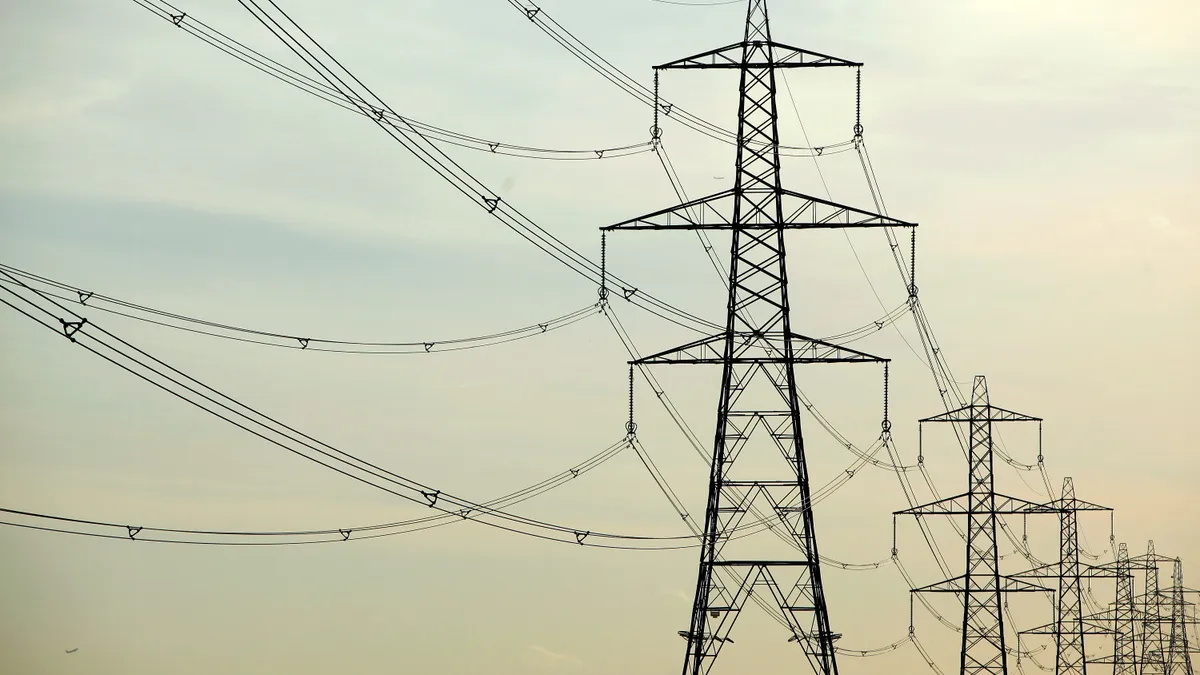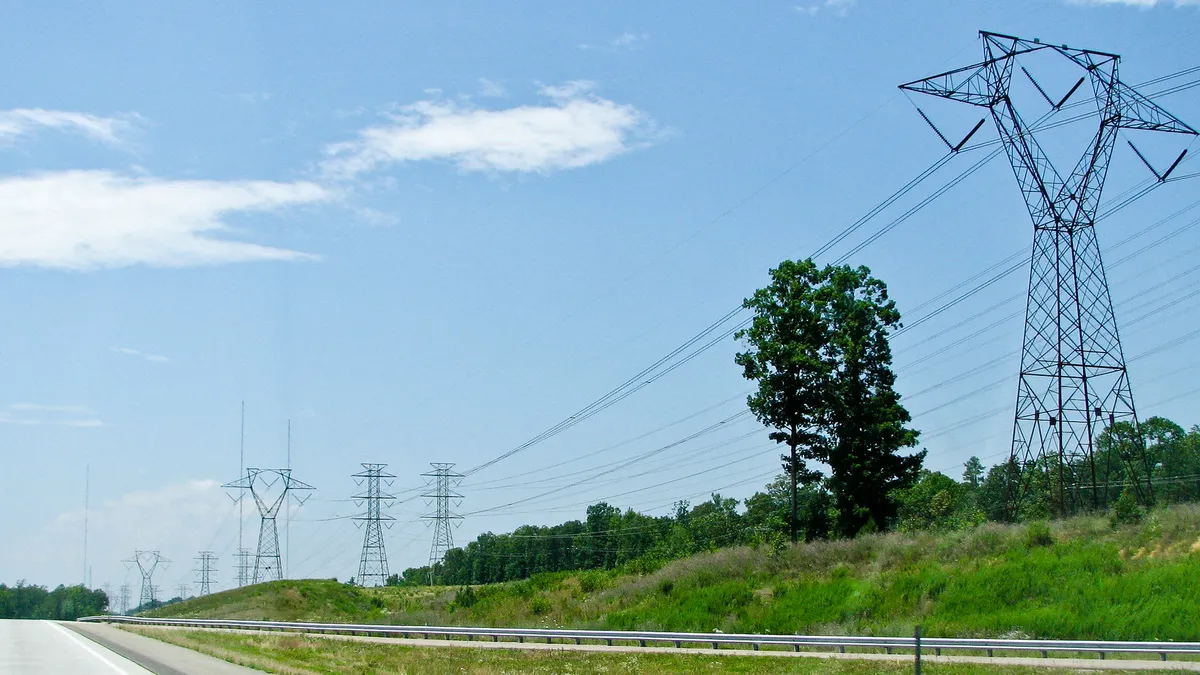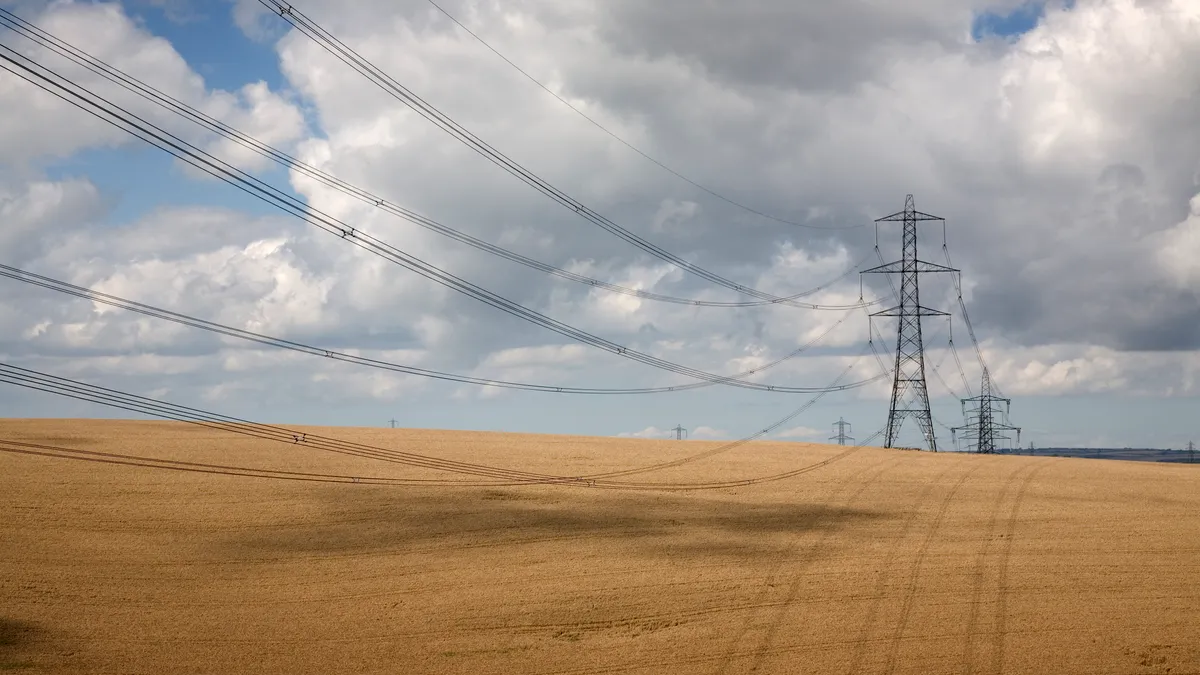The following is a contributed article by Michael McKenna, president of MWR Strategies, who advises utilities, merchants, and transmission companies. McKenna previously served as deputy director of the White House Office of Legislative Affairs under Donald Trump and advised the president on energy, environmental and other issues.
As some in the United States advocate moving towards decarbonization and net zero greenhouse gas emissions and away from reliance on traditional fuels, it might be important to think about the unintended consequences of specific policies and to be careful what you wish for.
For example, what happens if you make it easier to build transmission and more difficult to build natural gas pipelines?
There has been a lot of discussion recently about the need for new transmission and how it will be essential to the decarbonization of the electricity system. Several recent studies (E3, NREL, Stanford) have concluded that the United States will need to rebuild the current system and add somewhere between two and three times as much transmission as currently exists to meet the twin goals of electrifying the economy (including transportation) and decarbonizing the power system by 2050.
In addition to the increased demand, it is also important to note that as electric cars and electric heating is added to the grid, much of the increased demand will occur in places (think cities) that will require more transmission.
The good news is that those in charge of the federal government seem to have multiple theories about the best way to entice people to build such transmission.
The first and most aggressively pitched theory is to federalize the grid. In legislation currently being considered in Congress, there is language to give FERC more or less complete control of interstate transmission siting and permitting (other than environmental permitting). So, no longer a backstop, now a front stop.
This new authority would in many respects be analogous to the commission's current authority with respect to pipelines, and it is not clear whether that regulatory regime has resulted in an aggressive build-out of pipelines.
Those who favor these provisions will soon discover that everything that is federalized quickly becomes politicized. It is difficult to imagine that FERC will be excited about the opportunity to mix it up with the Congressional delegation of a state it is trying to steamroller.
There is an imprecise analogy on the environmental side, where EPA has had, since the 1977 Clean Air Act Amendments, the ability to withhold the highway funding of a state in instances where it deems a State Implementation Plan defective or insufficient. That authority has been used once when EPA tried to impose the sanction on Missouri. The effort lasted three days; then the Missouri delegation swung into action and EPA decided it would rather chase other squirrels.
The lesson? Be careful what you wish for.
Ten years ago, FERC, then as now, noting that transmission was a challenge to build, constructed Order 1000. At the time, it seemed that more federal involvement in transmission planning was unlikely to speed the process along. Not surprisingly, it hasn't. Additionally, the promise of "competition" on the basis of price has fallen flat. It turns out transmission builders tend to source much of their materials from the same handful of vendors.
The lesson? Be careful what you wish for.
There are some who believe that FERC can solve the problem, sua sponte. The commission's initial offering is an excellent 137-page advanced notice of proposed rulemaking. The size of the notice, however, suggests that the process is unlikely to be quick or clean. Rather, it is more likely that there will be extensive comments, then somewhere way down deep next year a proposed rule. Then more comments. Then a final rule, with luck sometime in 2023. Then the inevitable litigation.
This has been said before, but it bears repeating: if you are counting on the federal government to solve your problem, you are likely to wait a long time and then, probably be disappointed. Again, be careful what you wish for.
There are some who believe the real problem resides in questions about cost allocation, in who pays for what. Maybe. But businesses that are serious about getting something done usually negotiate to a point where both can make money on the effort. The involvement of third parties who are indifferent to the success of the effort in question rarely add value to the negotiation.
If they did, transmission building would be going gangbusters in regional transmission organizations. It's not.
Advocates for specific projects which may not make economic sense otherwise have been pitching tax credits as an answer. Those who have worked on transmission projects know that cash is rarely the problem, unless and until the siting and permitting process stretches beyond a decade. It is worth keeping in mind that Order 1000 was, in some measure, designed for projects that didn't make economic sense but otherwise supported public policy. Not surprisingly, few developers jumped at the chance to work on those projects.
The environmental permitting process and public opposition, of course, are the real problems impeding transmission. If one were serious about accelerating transmission building in the United States, one would amend the organic environmental statutes (the Endangered Species Act, The American Historical Preservation Act, the Clean Water Act) and place authority for the permitting required by those statutes within a single federal agency to prevent those who wish to stop projects from arbitraging agencies and to ensure that responsibility and accountability for decisions is clear.
I may be biased, but my personal preference for the agency to manage all this permitting would be FERC.
But it is unlikely that this administration will improve or accelerate environmental permitting. While there are reasons to support FERC's new Office of Public Participation, it is easy to imagine that it, too, will become an impediment to the timely and efficient building of infrastructure.
While all of this is going on, FERC is making natural gas pipelines more difficult to build. That's certainly their prerogative. As House Speaker Nancy Pelosi (D-Calif.) is fond of saying, elections have consequences, and one of them is that the winners get to make the rules.
If natural gas pipelines are difficult to permit and build, and if the federal regulatory process has a durable bias for transmission, and if gas-fired generation will be a necessity especially as nuclear power plants and coal-fired generation retire at alarming rates, it seems reasonable to assume that eventually, companies are just going to start building power plants at natural gas wellheads and hooking up to the grid from those sites.
To assume otherwise is to assume that the people who run energy companies are incapable of second-order thought. It also requires one to assume that traditional fuels, which made up around 80% of primary energy use in 1970, 1995, and last year, will vanish in the next few years.
Clearly, both assumptions are likely to be wrong. So, it seems likely that we are heading towards a world of — throwback warning — gas by wire.
The lesson for this and pretty much everything in life? Be careful what you wish for.






















